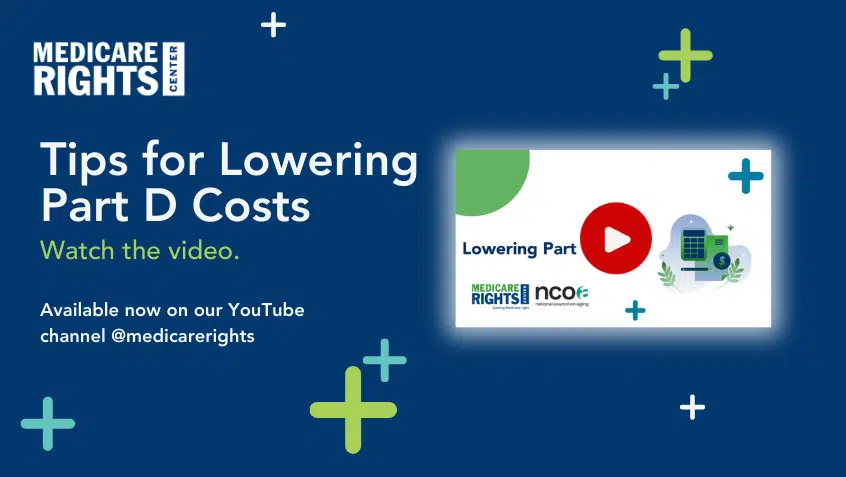Join Us Live for a Discussion on Medicare, Democracy, and the Future of Health Care
Legislation to Make Prescription Drug Pricing Transparent Reintroduced

This week, a bipartisan bill was reintroduced in Congress that aims to curb rising pharmaceutical costs through transparency. Senators John McCain of Arizona and Tammy Baldwin of Wisconsin, along with Representative Jan Schakowsky of Illinois, introduced the FAIR Drug Pricing Act in response to reports that prescription drug spending continues to skyrocket as pharmaceutical companies hike their prices, often multiple times a year and without warning.
The FAIR Drug Pricing Act (S.1131, H.R.2439) would require prescription drug manufacturers to notify the U.S. Department of Health and Human Services (HHS) at least 30 days before increasing the price of certain drugs by more than 10% in a year or 25% in a three-year period. The notification must include a “transparency and justification report” which will require pharmaceutical manufacturers to provide data on net profits from the prescription drug, manufacturing, research and development costs, marketing and advertising spending, and a justification for each price increase.
HHS would then make the reported information available for the public and would be required to submit an annual Congressional report that summarizes the information in the reports.
According to the legislation’s sponsors, “the bill would not in any way prohibit a manufacturer from increasing prices.” Instead, the aim is to increase transparency to discover if current justifications for price increases are valid and to give taxpayers notice of price increases.
The FAIR Drug Pricing Act will only apply to prescription drugs that cost more than $100 if the price is set to increase by more than 10% during a 12-month period or 25% over 36 months.
The Medicare Rights Center supports this bill and similar efforts to rein in drug pricing. Millions of people with Medicare live on fixed incomes and cannot afford ever-higher prescription drug costs.
Show Comments
We welcome thoughtful, respectful discussion on our website. To maintain a safe and constructive environment, comments that include profanity or violent, threatening language will be hidden. We may ban commentors who repeatedly cross these guidelines.
Help Us Protect & Strengthen Medicare
Donate today and make a lasting impact
More than 67 million people rely on Medicare—but many still face barriers to the care they need. With your support, we provide free, unbiased help to people navigating Medicare and work across the country with federal and state advocates to protect Medicare’s future and address the needs of those it serves.
The Latest
Most Read
Add Medicare to Your Inbox
Sign up to receive Medicare news, policy developments, and other useful updates from the Medicare Rights.
View this profile on InstagramMedicare Rights Center (@medicarerights) • Instagram photos and videos









